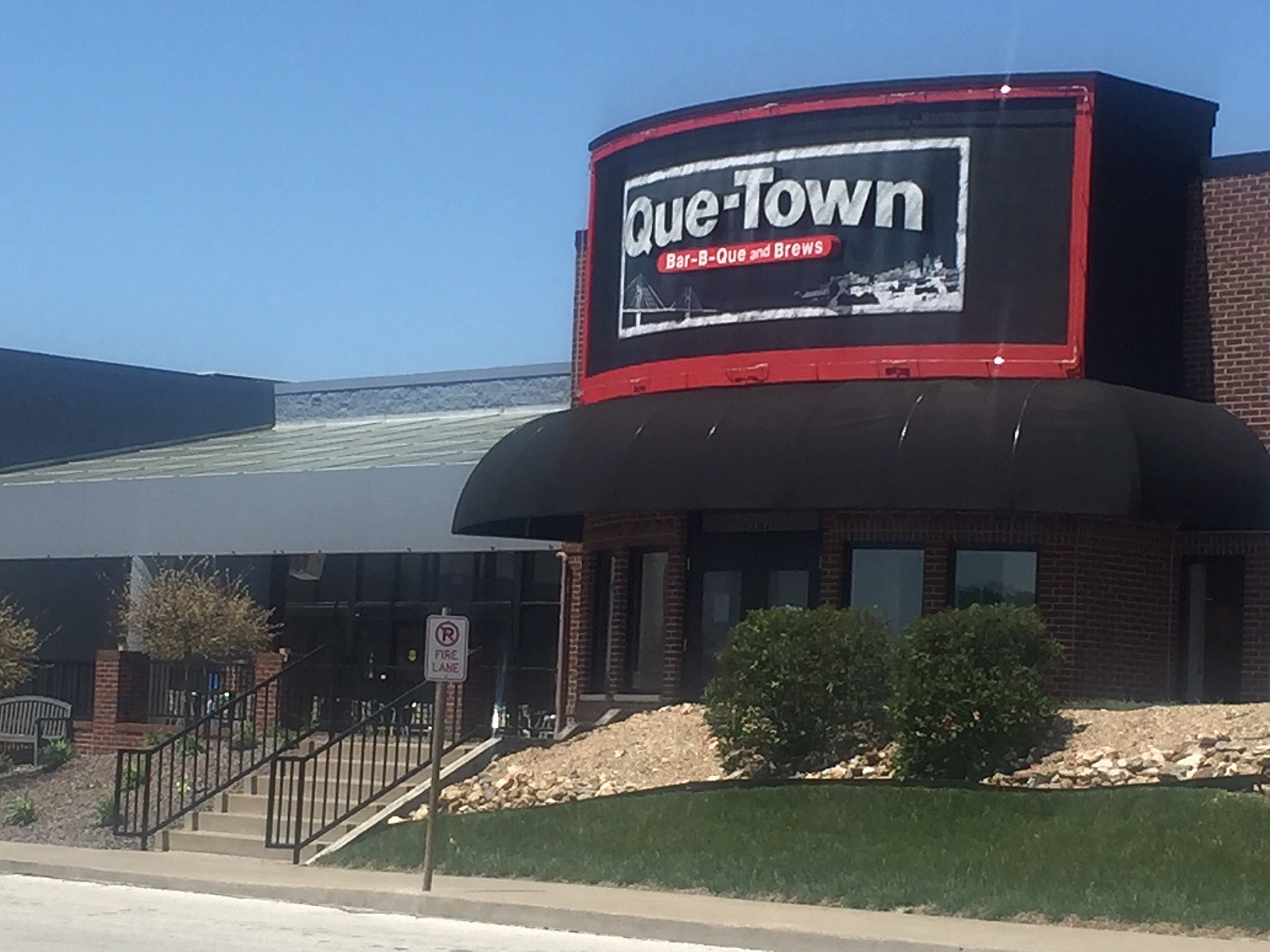
Some of the practices QSRs have implemented include adjusting travel policies to permit only the most critical business travel, encouraging or requiring remote working for corporate staff, and amending sick-leave policies for employees affected by COVID-19. Short-term priorities for QSRs during the crisis include the following: Protecting employees and customersīy now, most QSR players have established new health and safety processes and policies to protect employees and customers. While QSRs should stay abreast of how the situation evolves, they should take immediate action in certain critical areas. ‘Navigate the now’: Short-term priorities Actions to consider, both for now and for laterĭrawing on lessons from the past several weeks, we have identified a set of actions for QSR executives to consider during these challenging times. But every company can take inspiration from what some of its counterparts around the world are doing. The specific challenges each QSR faces during this crisis are unique, depending on the company’s financial and market position and the pandemic’s timing and progression in local markets. Again, because of financial strains and lingering concerns about eating in crowded places, consumers will likely continue to prefer eating at home, at least for a time. After the pandemic, consumers will likely spend more on food delivery, prepared foods, and groceries than they did before the pandemic.Demand for takeout is expected to return to precrisis levels fairly quickly.Postcrisis spending on in-restaurant dining is expected to be lower than precrisis levels, largely because consumers will still be wary of being in densely populated public spaces.

Meanwhile, in China, where physical-distancing restrictions have already been loosened, consumer-sentiment surveys reveal the following three trends (exhibit) that could play out in other geographies Consumer-sentiment surveys that McKinsey conducted in late March across Europe and the United States indicate that during the crisis, most consumers expect to reduce their spending on all restaurant food-takeout and delivery, QSRs, and other types of restaurants. Even among QSRs that remain open, the drop-off in business has been steep. In many countries, QSRs are either closed entirely or operating on a limited basis, offering only takeout, pickup, delivery, drive-through, or some combination of those options.
#Quincy restaurants covid series
This article lays out a series of practices-critical for “navigating the now,” planning the comeback, and shaping the future-that can help QSRs not just survive the current crisis but also position themselves to succeed in the “ next normal.” COVID-19’s impact on consumer behavior But some QSRs will fare better than others, depending on their starting point and the actions their leadership teams take. Undeniably, QSRs face tough decisions in the coming weeks and months.

In the United States alone, up to seven million restaurant workers could lose their jobs by June, according to the National Restaurant Association. A few restaurants have already declared bankruptcy others report that they soon won’t be able to cover their rent and personnel costs. The QSR industry has been hit particularly hard. (See /coronavirus for our most up-to-date insights.) As our colleagues wrote in a recent article, “The required ‘lockdowns’ of the population and other efforts to control the virus are likely to lead to the largest quarterly decline in economic activity since 1933.” They expect an unprecedented 40 to 50 percent decline in discretionary spending-a roughly 10 percent reduction in GDP. The coronavirus pandemic is a humanitarian crisis whose economic impact will almost certainly be severe as well. Although a few quick-service restaurants (QSRs) are seeing heightened demand in takeout and delivery-several US pizza chains, for instance, are hiring thousands of workers as orders spike-most other QSRs have experienced dramatic sales declines. With much of the world’s population being asked or required to stay home and follow physical-distancing guidelines, once-bustling restaurants and cafés now sit empty.


 0 kommentar(er)
0 kommentar(er)
